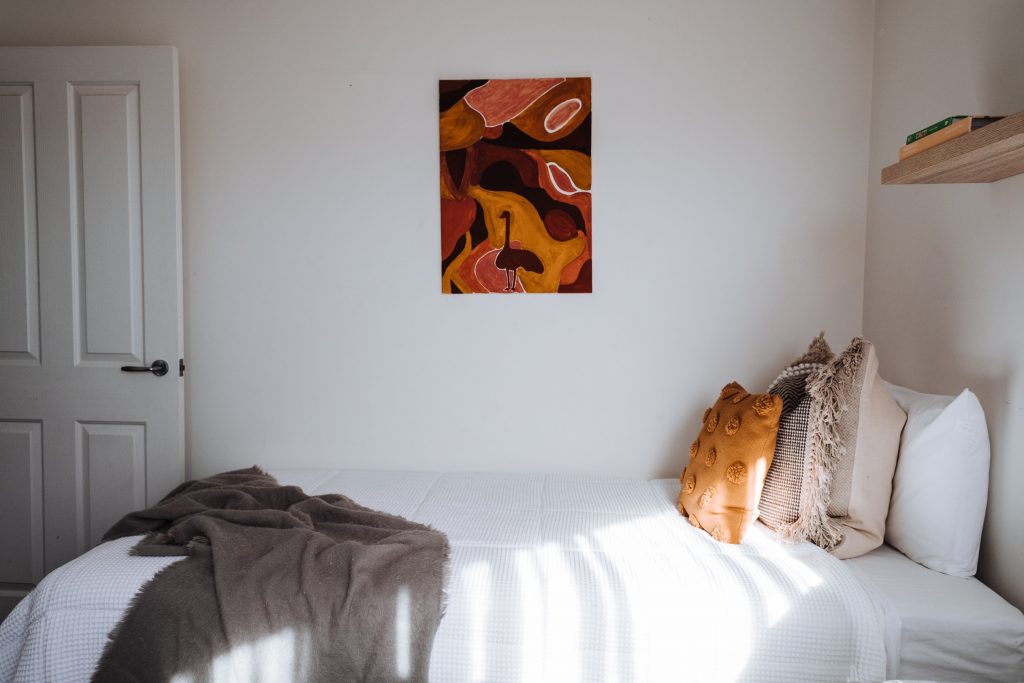- Home
- Blog
- 10 types of sleep disorders
- 10 Types of Sleep disorders 01-Insomnia-Symptoms-Reason-Treatment

10 Types of Sleep disorders 01-Insomnia-Symptoms-Reason-Treatment
Insomnia
Insomnia is a common sleep disorder characterized by difficulty falling asleep, staying asleep, or waking up early,resulting in daytime fatigue and poor concentration. Insomnia can be temporary or long-lasting, seriously affecting an individual’s quality of life and health.
Symptoms:
- Difficulty falling asleep, takes a long time to fall asleep.
- Difficulty staying asleep, waking up frequently and having difficulty getting back to sleep.
- Waking up early, unable to fall asleep again.
- Feeling tired, sleepy, anxious or mood swings during the day.
Reason:

- Stress and anxiety: Work stress, family problems, etc. can cause insomnia.
- Depression: There is a strong link between emotional problems and insomnia.
- Lifestyle: excessive intake of caffeine, drinking, staying up late, etc. affect sleep.
- Medical problems: Certain health problems and medications may interfere with sleep.
- Environment: Unsuitable sleeping environment, noise, etc. affect sleep.
Populations that are prone to:
- Individuals with psychological problems, such as depression and anxiety patients .
- The pace of life is tense and the work pressure is high.
- People who are chronically dependent on drugs or alcohol.
- Older people are more susceptible to the elderly.
- Women are prone to insomnia, especially before the menstrual cycle.
The Importance of Good Sleep:

Insomnia can lead to daytime fatigue, poor concentration, emotional problems, etc., which can affect daily life and work. Long-term insomnia may increase the risk of cardiovascular disease, depression and other problems.
Improvement methods:
- Establish a regular schedule.
- Create a suitable sleeping environment and maintain a quiet and cool room.
- Avoid excessive caffeine intake and heavy alcohol consumption.
- Avoid watching your phone or TV in bed to keep the bed connected to sleep.
- Learn to cope with stress and anxiety and try relaxation techniques.
Insomnia is a problem that can be improved with reasonable lifestyle habits and necessary treatment. If symptoms are severe or continue to affect life, it is recommended to consult a medical professional for more detailed diagnosis and treatment recommendations.
Comments (2)
Leave a Reply Cancel reply
ALL ARTICLES
Subscribe Us
403A, Building A2, Zhihui Park, Fuyong Street, Bao'an District, Shenzhen, Guangdong, China
Products
Company
Copyright © SLEEPON. All rights reserved.
SLEEPON keeps both Sleeponhealth and Sleepon.us due to the brand upgrading. We promise to provide the same products and service in both sites.








top selling sleep aids melatonin tablet
allegra side effects antihistamine nasal spray canada how long do antihistamines take to work